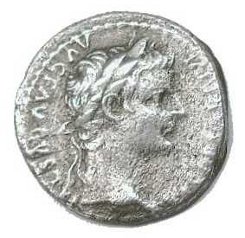
If you are a believer in the Lord Jesus as your Savior, I ask you the following question: “Are you a Christian American or are you an American Christian?” You may answer with some bit of perplexity, “What’s the difference?” Well, pondering the answer to that question involves more than just playing a game with words. In the phrase “Christian American” the operative word is “American” and the modifier is “Christian.” In the phrase “American Christian” the operative word is “Christian” and the modifier is “American.” Is there a difference here worth noting?
For years now some patriotic Christians have proudly borne the title “Christian American” without realizing the subtle way in which they may unintentionally be denying their calling as “citizens of heaven” (see Phil. 3:20 and I Pet. 2:11). A true believer has been translated from this earthly “kingdom” into a “heavenly” kingdom (Col. 1:13). That does not mean that we should drop out of this world. We are to submit to the government, pay it our taxes and obey its laws. Jesus told to “render to Caesar the things that are Caesar’s” (Matt 22:21). Admittedly, it is not always easy to decide where the line is between our duty to the government and our duty to our Lord. But one thing we cannot deny—our allegiance first and foremost is to the Sovereign King of Heaven. That is why we are Christians who happen to be Americans (or Canadians or Israelis) not Americans who happen to be Christians.
It is encouraging to know that this is not a new problem but one that was faced by Jews and Christians in Biblical days as well. During the first century A.D., the relationship of a believer in the one true God to the ruling power, i.e. Rome, was an issue that divided the Jewish people who first heard the message of Jesus. Understanding this ancient problem may help us to more intelligently decide what should be our duty to our own “Caesar,” whatever be the country where we live.

 Read
Read 

Discussion